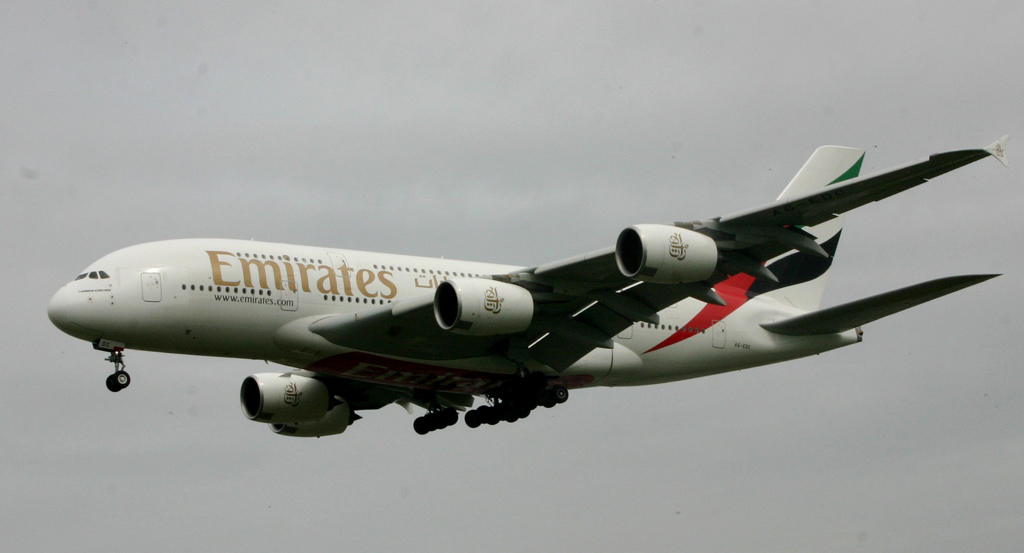
The Economic Impact of A388 Flights Operating from Johannesburg
The Airbus A380-800 (A388), known for its large passenger capacity and long-haul efficiency, has been instrumental in the global aviation industry. In South Africa, Johannesburg’s OR Tambo International Airport (JNB) stands as a hub benefiting from A388 flights. Airlines such as Qantas, British Airways, and Emirates currently operate regular A388 services from Johannesburg to major international destinations. This article analyzes the economic impact of these flights on South Africa, the potential for more direct routes with the A388, and the benefits other African airports can reap from these opportunities.
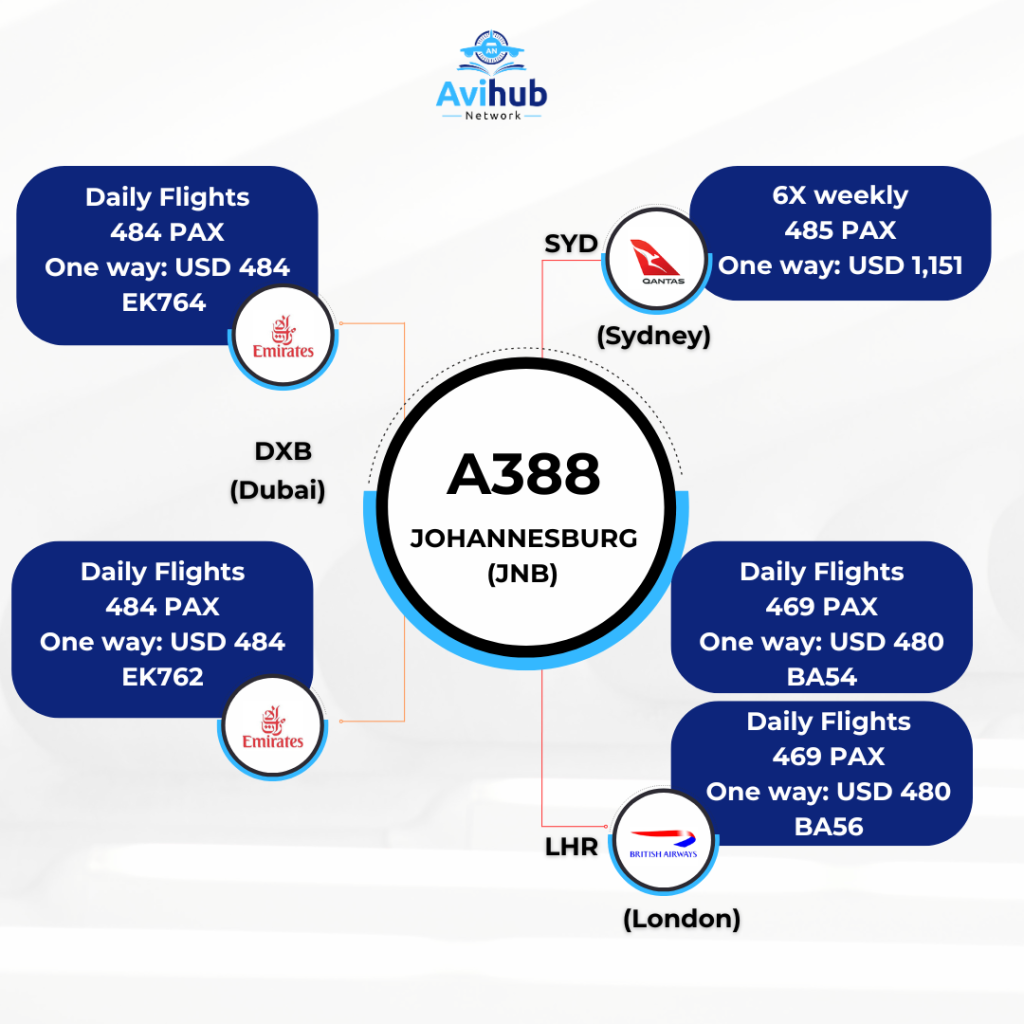
A388 Flights Operating from Johannesburg
Several international airlines are currently using the A388 on routes from Johannesburg, highlighting its importance in long-haul international travel. Here’s a breakdown of the key A388 operations:
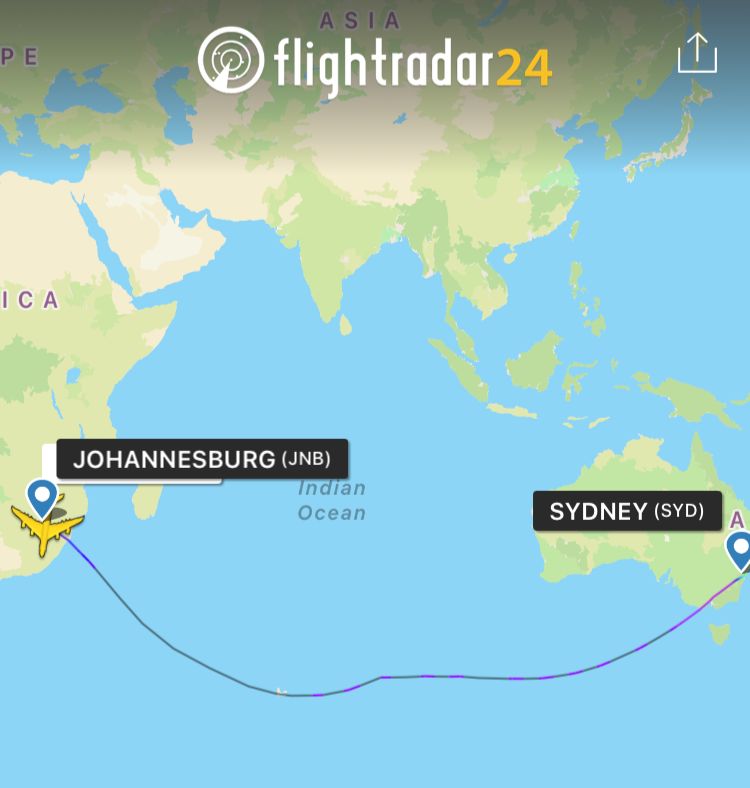
Qantas (QF64): Johannesburg to Sydney (JNB-SYD)
Aircraft capacity: 485 passengers
Airfare: $1,151 One way
Weekly frequency: 6 flights
Flight duration: 11 hours 55 minutes
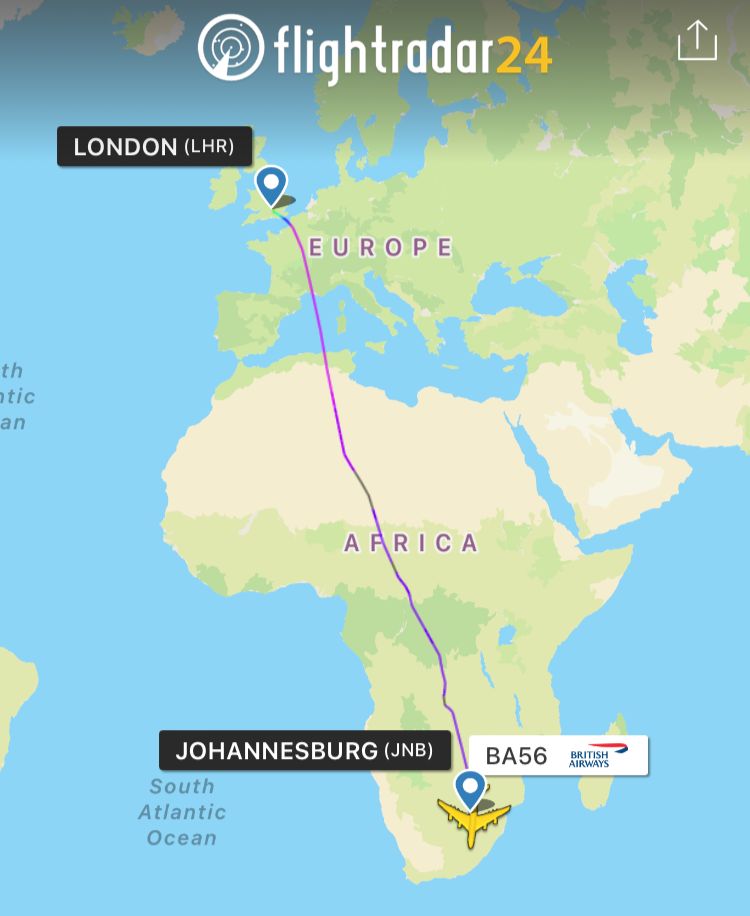
British Airways (BA56 and BA54): Johannesburg to London Heathrow (JNB-LHR)
Aircraft capacity: 469 passengers
Airfare: $480 One way
Weekly frequency: 7 flights
Flight duration: 11 hours 10 minutes
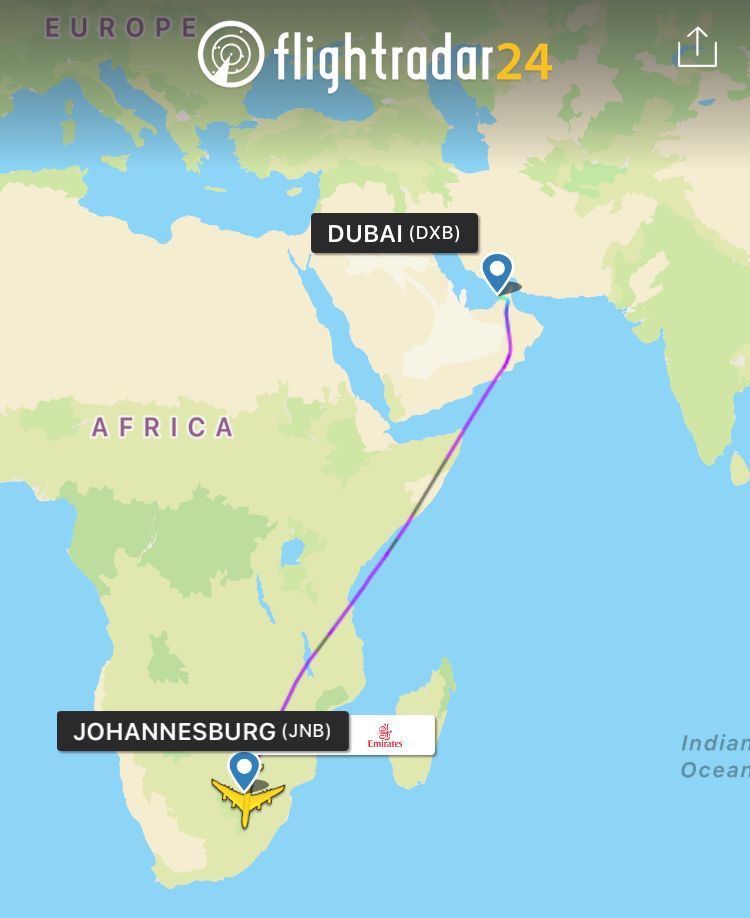
Emirates (EK764 and EK762): Johannesburg to Dubai (JNB-DXB)
Aircraft capacity: 484 passengers
Airfare: $484 One way
Weekly frequency: 7 flights each
Flight duration: 8 hours 15 minutes
Economic Advantages of the A388 for South Africa
The A388 is important in supporting South Africa’s economy, primarily through tourism, international trade, and infrastructure development.
1. Boosting Tourism and Trade
South Africa is a key destination for international tourists, with Johannesburg acting as the primary entry point for many visitors. The A388’s large capacity allows for a greater influx of travelers, thereby increasing revenue for the hospitality and tourism industries. Each weekly flight from airlines such as Emirates, British Airways, and Qantas brings thousands of passengers into South Africa. With fare prices like the $480 average on British Airways’ JNB-LHR route, competitive pricing further stimulates travel.
In addition, these flights enhance connectivity for businesses, enabling more efficient trade and collaboration between South Africa and major global hubs such as London, Dubai, and Sydney. Emirates’ daily services to Dubai, for example, offer important connections to Middle Eastern markets and beyond, fostering economic ties with the UAE and other global regions.
Also read: Skyward Express Expands to Tanzania with Direct Flights
2. Increased Airport Revenues
Johannesburg’s OR Tambo International Airport benefits from the higher passenger volumes that the A388 delivers. Larger aircraft mean more landing and parking fees for airports, as well as increased retail spending by passengers transiting through the terminal. Additionally, airlines operating the A388 often pay higher fees due to the additional infrastructure required to accommodate such large aircraft. These revenues contribute to the airport’s profitability and ability to reinvest in modern infrastructure and services.
The Potential for Other African Airports to Benefit from A388 Direct Flights
While Johannesburg is a key hub for A388 operations in Africa, other African airports stand to gain from introducing or expanding direct A388 services.
1. Infrastructure Upgrades
For an airport to accommodate the A388, it must meet specific infrastructure requirements, including longer runways, reinforced taxiways, and enhanced terminal facilities to handle large passenger volumes. Investing in these upgrades can be transformative for African airports, elevating their status as international hubs. Nairobi’s Jomo Kenyatta International Airport (NBO), for instance, is well-positioned to develop its capacity for A388 operations, enhancing its role in connecting East Africa to international markets.
Also read: Renegade Air Introduces the First ATR-500 in Kenya
2. Enhanced Connectivity for African Cities
Direct A388 flights from African airports could provide new avenues for global connectivity. As African nations continue to grow economically, there will be increasing demand for direct connections to key international cities. The A388’s range and capacity make it ideal for meeting this demand, particularly for long-haul routes that require substantial passenger loads to be economically viable.
3. Regional Economic Benefits
By establishing more direct A388 routes, African countries can capitalize on the increased flow of tourists and business travelers. Regional airports like Lagos (LOS) and Cairo (CAI) could serve as gateways to surrounding countries, facilitating greater movement of goods and people within Africa and internationally. These connections would support regional economic development by fostering trade and tourism, increasing GDP, and creating employment opportunities across multiple sectors.